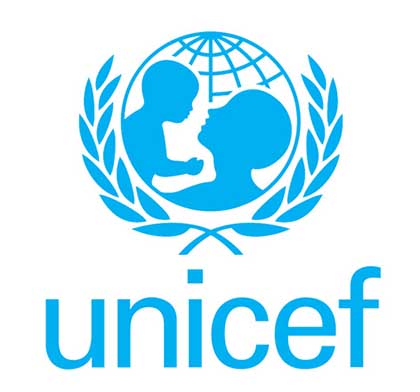NEW YORK - UNICEF Executive Director Anthony Lake has said they are working with the Afghan government to realise the action plan Kabul signed with the United Nations in 2011 on ending the recruitment and use of child soldiers.
Lake said this in New York a day earlier when he along with UN Secretary-General’s special representative for children and armed conflict Ms. Leila Zerrougui, launched the UN’s global campaign "Children, not soldiers."
He said UNICEF was working with the government of Afghanistan to realise the action plan the country had signed with the Country Task Force on Monitoring and Reporting of grave violations of the rights of children.
The task force is co-chaired by UNICEF and includes UN bodies and the Afghanistan Independent Human Rights Commission (AIHRC). The action plan aims to end underage and child recruitment to Afghan security forces.
“There is a consensus among states that no child should be recruited or used in conflict by government forces,” said Zerrougui.
“The time has come for the world to unite and turn the page, once and for all, on the recruitment and use of children by security forces in conflict.”
In a message for the event, UN Secretary-General Ban Ki-moon said that although thousands of children have been released from armed groups, thousands more remain.
He asked all concerned governments, regional and non- governmental organizations to work with the United Nations to intensify efforts to meet the goal of zero use of children by any government forces by 2016.
More than 250,000 children under 18 are fighting in both government armies and armed opposition groups. Some children are kidnapped or forced to serve; others join up hoping to find food and shelter, help their families, or improve their lives.
More than 6,000 child soldiers may now be involved in the conflict in the Central African Republic (CAR), the United Nations said.
Some have been used for suicide missions or forced to commit atrocities against their own families and neighbors. Others serve as porters, cooks, guards, servants, messengers, or spies. Many child soldiers, mostly girls, are also sexually abused.
“The recruitment and use of children by armed forces must end,” said Lake said, adding the ‘Children, Not Soldiers campaign’ could give the issue more focus and attention it deserved.
“When we help a former child soldier overcome such a terrible experience and prepare for a new future, we do more than mend a broken life. We begin to bind the wounds of a nation torn by conflict.”
Parties to conflict that recruit and use children are listed in the annexes of the Secretary-General’s Annual Report on Children and Armed Conflict.
Ten years ago, the Security Council called on all these parties to work with the United Nations and prepare time-bound action plans to end and prevent the recruitment and use of children.
Through this mechanism, the Council opens the door for governments to affirm their commitment that children do not belong in their security forces and to receive the assistance needed to transform this commitment into reality.
Currently, eight government security forces are listed for the recruitment and use of children.
In the past three years, six of those countries have signed action plans with the United Nations: Afghanistan and Chad in 2011, followed by South Sudan, Myanmar, Somalia and the Democratic Republic of the Congo the following year. (Pajhwok)

